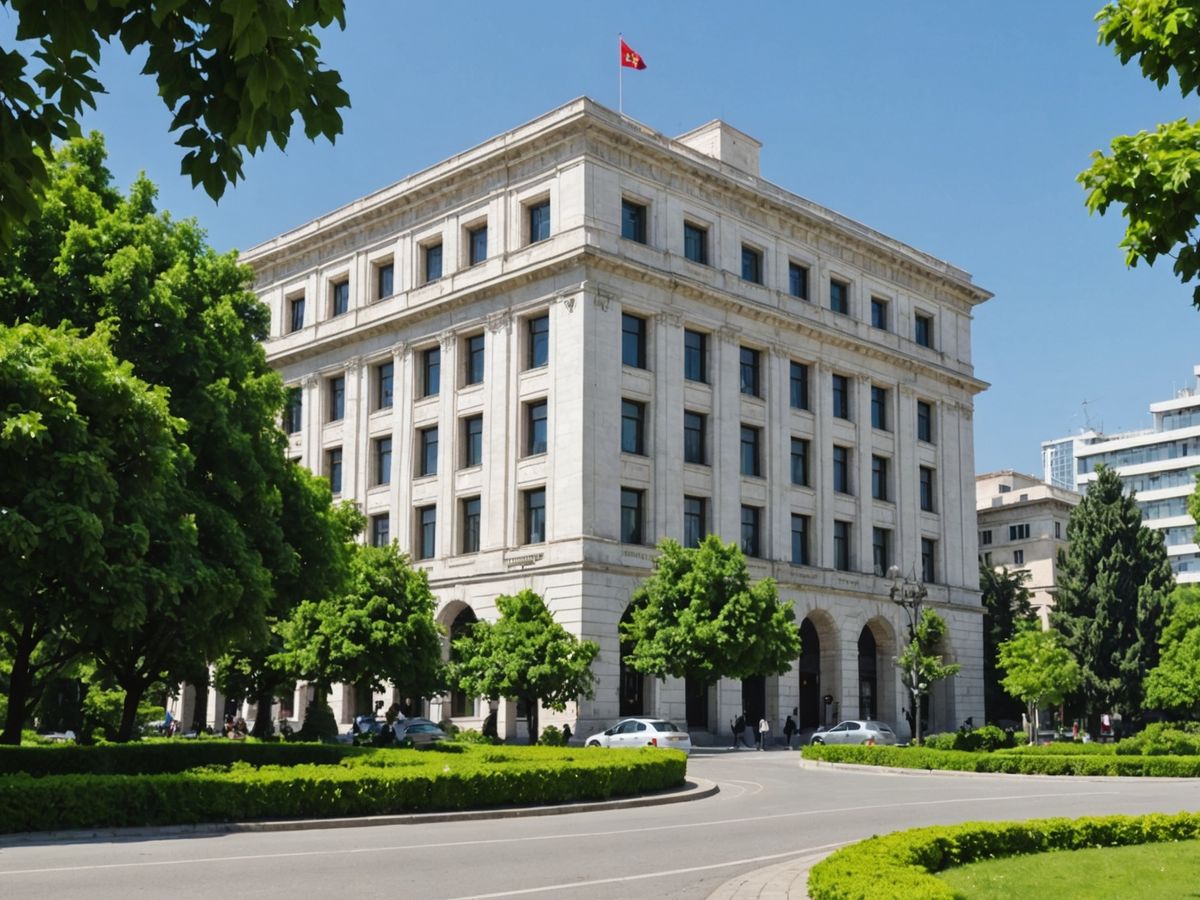In a surprising revelation, a confidential draft report has accused the Albanian Central Bank of printing money to finance the purchase and renovation of the historic Hotel Dajti in Tirana. The move, which allegedly began under former governor Ardian Fullani and continued under current governor Gent Sejko, has raised concerns about inflation and financial mismanagement.
Key Takeaways
- The Albanian Central Bank is accused of printing money to buy and renovate Hotel Dajti.
- The practice allegedly started under former governor Ardian Fullani and continued under current governor Gent Sejko.
- The move has raised concerns about inflation and financial mismanagement.
- The final audit report remains confidential, but preliminary findings have been leaked.
Background
In 2010, then-Prime Minister Sali Berisha announced the sale of the iconic Hotel Dajti, a building with a storied past dating back to the 1940s. The buyer was none other than the Albanian Central Bank, which agreed to pay 30 million euros for the building to use as new office space. This move was controversial, as the bank is legally prohibited from financing government expenditures.
Allegations and Findings
A confidential draft report by Albania’s Supreme State Audit, obtained by BIRN, claims that the central bank used monetary issuance to fund the purchase and renovation of Hotel Dajti. This practice can fuel inflation, ultimately passing the cost onto consumers. The report also raised concerns about excessive spending, questionable procurement procedures, and an office rental contract with a local company.
Bank’s Response
The Bank of Albania has denied the allegations, stating that the audit’s findings were preliminary and later adjusted. The bank insists that money issuance is carried out to meet the economy’s needs and not to cover its expenses. Former governor Fullani did not respond to requests for comment, while the current governor, Gent Sejko, has also faced scrutiny for continuing the practice.
Financial Implications
Albanian law mandates that the central bank cover its expenses through earnings from lending activities and other services, not by printing money. The draft report indicates that the bank did not have sufficient reserves for capital investments when it purchased Hotel Dajti. Financial experts argue that printing money for such transactions undermines the bank’s integrity and can lead to inflation.
Controversial Practices
The draft report also highlighted other controversial practices, including the rental of office space from a company with frozen bank accounts and the purchase of a luxury Range Rover. The auditors questioned the price paid for Hotel Dajti, suggesting it was likely inflated. Despite these findings, the final audit report remains confidential, and efforts to obtain it through Freedom of Information requests have been denied.
Conclusion
The allegations against the Albanian Central Bank have sparked a debate about financial management and transparency. While the bank denies any wrongdoing, the leaked draft report raises serious questions about its practices. The final audit report’s confidentiality only adds to the controversy, leaving many to wonder about the true state of the bank’s financial affairs.






